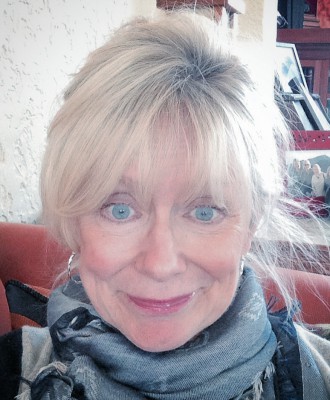Blogs

#MayDay
Mayday is the international signal of distress, taken from the French word m'aider, meaning "help me!"
The day has other meanings, too. Back when the world was quaint, people hung flowers and sweets on neighbors' doors on May 1. Then came the Soviet's parade of military might. In contemporary times, it's the traditional date when students declare where they will go to college (and deposit dollars in good faith).
This year, Mayday has taken on yet another meaning: it's now the day when the virus that roared, SARS-COVID 19, has laid waste to all commencement ceremonies, leaving graduating seniors in high schools, colleges and universities sheltering in place and wonderingwhat comes next. In addition to a ceremony in which diplomas or degrees are conferred, commencement also connotes a beginning or new start. Students and parents leave these ceremonies lit with the promises of a bright future, as graduates embark on the next phase of their lives. Hard work and dedication have paid off, lifelong friendships forged - and the world awaits.
Today, it's an uncertain world.As a professor of microbiology, I have studied infectious disease and pandemics my entire career. I knew this could happen; I wasn't surprised, but I am deeply sad.
In my courses, now taught remotely, I switched gears and focused mostly on COVID-19 - where it came from, how it was transmitted and the disease itself. My students charted the numbers and searched for stories of what was happening here and across the world. There could not be a more teachable moment. Tonight, as I read their final papers on the virus and the pandemonium it has caused, I am heartened by the depth of their understanding, their reflections and their deep concern for their loved ones. They will never forget their last semester of college.
For all of us, the world has changed so fast. As it spins wildly, we're left grabbing on to anything to keep from flying off. So how do we navigate such turbulent, treacherous waters? What skills will we, particularly my graduating seniors, need for a new beginning?
I love kayaking and have paddled through my share of powerful, turbulent waters, A wild river and a pandemic have much in common, and perhaps lessons to share. Here's what I've learned:
When you reach turbulent waters, roll with the waves and weave to avoid the holes.
Use your paddle to both keep others at a distance and to extend to a companion in trouble. Your paddle helps you roll out of a capsize that has put your head underwater and threatens to crash you against a boulder.
Wear protective gear - a helmet to avoid bashing your brains on the boulders, a face mask in times of pandemics.
Rest and float whenever and wherever calm water can be found.
Work on your breathing - you will strengthen your lungs, increase the time you can spend under water and you might just reach nirvana.
Look around you, really look. Recognize danger but do not fear it. Face it. When paddling through hell, keep paddling.
Know the water is the one in control. But if you know what to do, you will make it through the rapids - and enjoy a hearty dinner of pizza and wine.
- Jayne Robinson
Jayne Robinson is a professor of biology at the University of Dayton and author ofThe Cake Chronicles: Finding Sweet Hope In This Crazy World.
